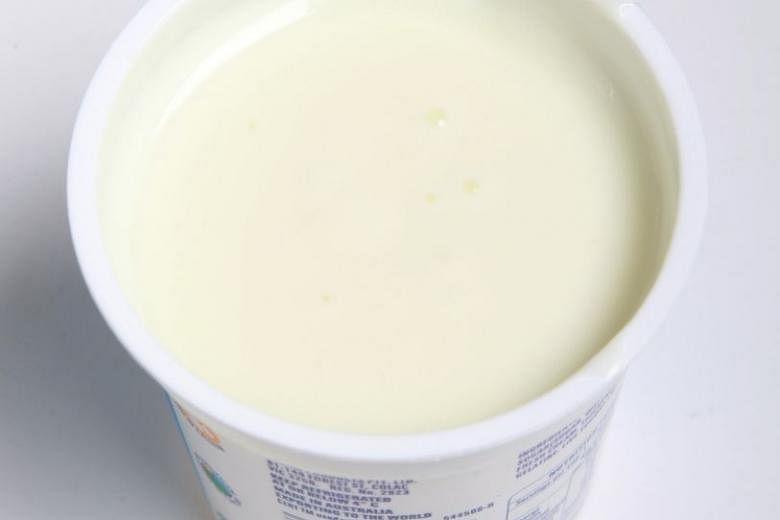I grew up eating Dannon strawberry yogurt while my brother began hoarding the lemon flavour long before he could utter the words lemon or yogurt.
Yet eating the creamy stuff is more confusing than it was in the 1970s and 1980s.
Now there is drinkable yogurt, squeezable yogurt, Greek yogurt, and yogurt made from coconuts, soya and almonds. And don't forget the frozen kind.
Which ones are actually yogurt, and healthy for you?
In general, yogurt is made by adding bacteria to milk to help ferment some of its carbohydrates.
Alternative products such as almond and coconut milk yogurt may not be made from real milk, but are often sold in the same grocery aisle as yogurt.
Start by peeking at the sugar content on the nutrition facts panel.
Traditional yogurt has natural sugars from lactose and from any real fruit, both of which are of little concern, but you do want to avoid added sugars such as cane sugar or fake sugars such as aspartame or sucralose.
Most "fruit-flavoured" yogurts do not include much fruit, but have added sweeteners and flavours.
Ideally, your choice would deliver less than 15g of sugar per serving, and more grams of protein than sugar. Then, search the label for food colourings or other unnatural additives and avoid the brands with too many of these.
COMPARING DIFFERENT YOGURTS
Cow's milk: Cow's milk yogurt provides the ample protein (6g to 8g per small container), calcium and B vitamins yogurt is famous for.
It contains less lactose than straight cow's milk because much of the lactose is used up during fermentation, so people who are lactose-intolerant may be able to digest yogurt better than milk.
Greek yogurt is usually thicker and higher in protein (14g to 16g per small container) because it is strained to remove the liquid whey, but it is often lower in calcium and other minerals.
Goat's milk: Many people who have a hard time digesting cow's milk do better with goat's milk. This variety offers similar protein, calcium and fat counts as cow's milk but can cost more.
Almond milk: These yogurts are often low in sugar and deliver healthy fats, but they are also lower in protein (4g to 6g) than cow's milk yogurts and have almost no calcium unless fortified. Avoid brands with a long list of additives or thickeners, and remember that nuts can be an allergen.
Coconut milk: Yogurts made from coconut milk are low in sugar and full of antioxidants, and provide easily metabolised fatty acids; yet they are also low in protein (generally about 1g to 3g per serving).
Soya milk: Soya yogurts have protein counts comparable to cow's milk yogurts and deliver healthful, unsaturated fats. Studies show that soya products can lower cholesterol and decrease blood sugar levels, especially in diabetes sufferers. Unsweetened soya yogurt may have no sugar, yet also very little calcium. Watch for too many thickeners and additives.
THE WASHINGTON POST

